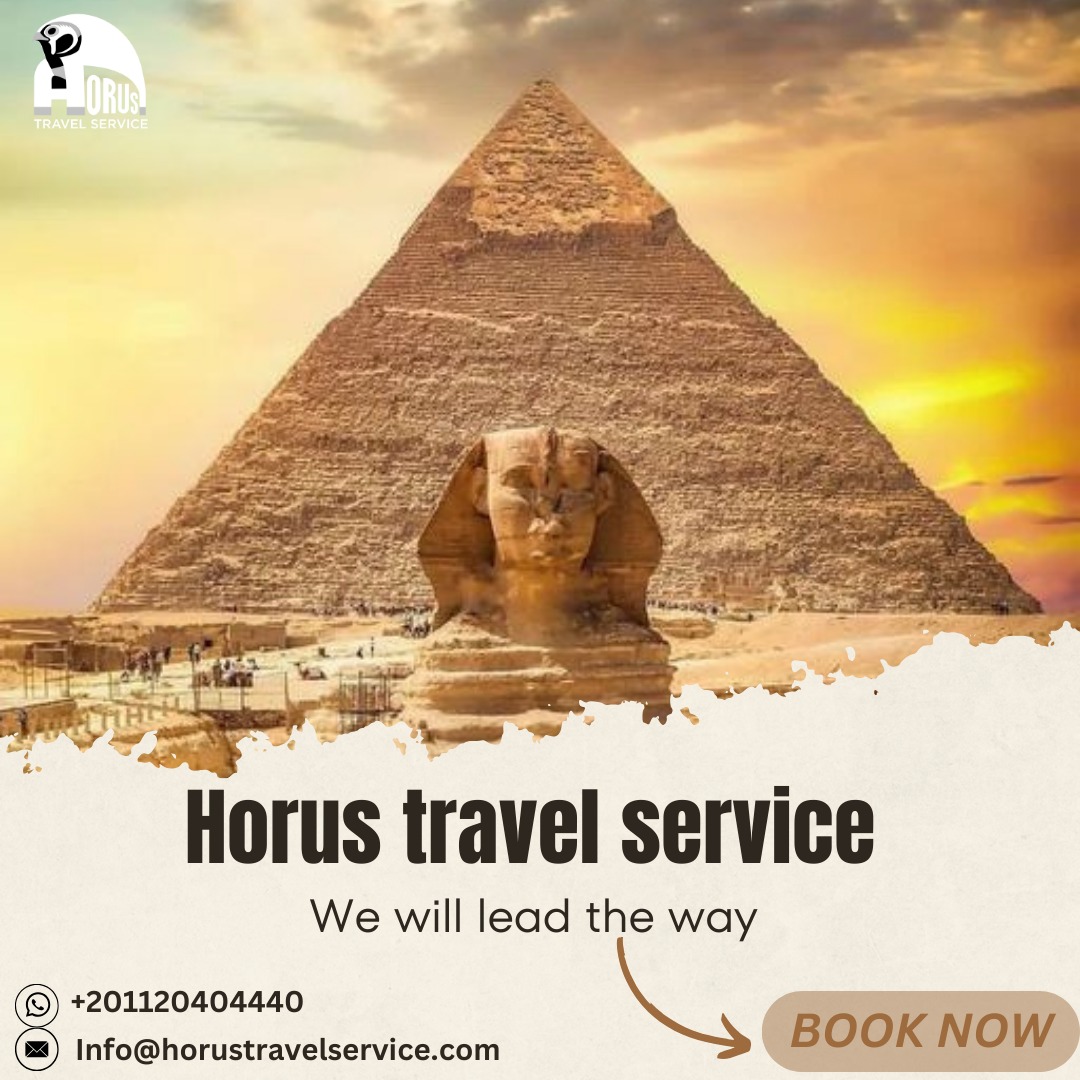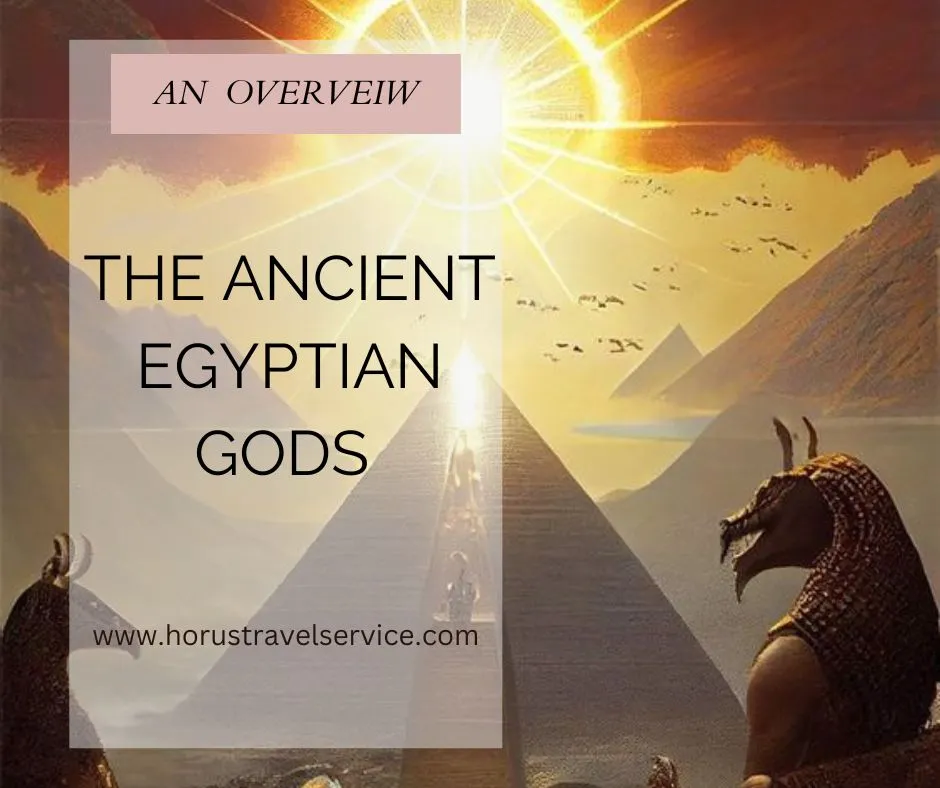


2024-08-19 12:20:59
The Ancient Egyptian Gods
The pantheon of ancient Egyptian gods represents a rich tapestry of mythology that bears testament to values, natural phenomena, and societal structure in one of history's most fascinating civilizations. These gods were part of the life of the ancient Egyptians to such an extent that their presence is felt everywhere—from governance to agriculture. Given here is an overview of the principal gods, concisely presented in a logical sequence with a view to tracing their prominence in Egyptian belief.

Atum ـ God of Creation
He is often considered to be the first deity of creation in Egyptian creation myths. He emerged from primordial chaos and created himself out of nothingness. Atum's creative act inaugurated the first gods and the world itself, marking the beginning of all existence.
Tefnut - Moisture Goddess
Tefnut is the goddess of moisture and rain and resulted from the tears of Atum. Her role in the creation of the world is important since she provided some elements necessary for the survival of life on earth. Tefnut, together with her brother and husband Shu, contributed to shaping the physical world.
Shu - The God of Air
Shu was the god of air and light, the spouse of Tefnut, and the son of Atum. He separated the sky goddess Nut from the earth god Geb and thus founded the order of the universe. Shu had to strike a crucial balance between heaven and earth.

Geb - The God of Earth
Geb, the god of Earth, was the son of Shu and Tefnut. He was considered to be the god of Earth and thus fertility and vegetation. His relation with Nut, the sky goddess, was central to the stability of the world.
Nut – The Sky Goddess
Nut, the sky goddess, bent over the earth, personifying the heavens. She was Geb's sister and wife, whom she had to couple with for the cosmic order. Every night, Nut swallowed the sun and gave birth to it every morning, hence becoming a symbol of life and death.
Isis - The Protective Goddess
Isis is the sister, wife of Osiris, and mother to Horus—one of the most potent and nurturing deities. She was associated with magic, along with healing and protection; she played a very important role in the resurrection of Osiris and protection of her family.
Osiris – God of Afterlife
Osiris is also represented as a mummified king. He was the god of resurrection and afterlife. Because of the death and resurrection of Osiris, he is positioned as a symbol of immortality. The belief in the resurrection of Osiris as the ruler of the underworld, the eyes of death Cleopatra, Egyptian burial, and beliefs in immortality all began.
Nephthys - The Goddess of Night
Nephthys was another sister of Isis and the wife of Seth, associated with night and death. She is described as a personage who protects and looks after her role within the funerary rites to help in caring for the deceased.
Seth (Set) — The God of Chaos
The mythological creature with an animal head was Seth, who represented Chaos, Storms, and the Desert. He was known for his enmity toward order and harmony—one of the most famous battles was the one between Seth and Horus, a mythological struggle between Disorder and Stability.

Horus - God of the healing
Horus was the son of Osiris and Isis, a god of the healing, and kingship. He is depicted with the head of a falcon. Horus was associated with protection, royal power, and victory over chaos. His eye, the so-called Eye of Horus, became the prevailing symbol for protection and health.
Anubis - The God of Embalming
He was the jackal-headed god who had a very significant role to play in ancient Egyptian funerary practices. Indeed, the god was responsible for overseeing the mummification process and guiding souls to the afterlife. The role of Anubis was therefore quite significant in ensuring that the dead were well prepared for their journey into the next world.

Newsletter
Sign up to receive the best offers




.webp)




